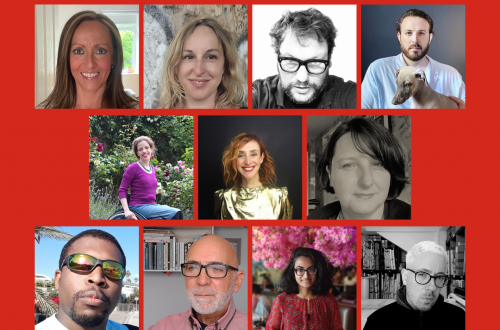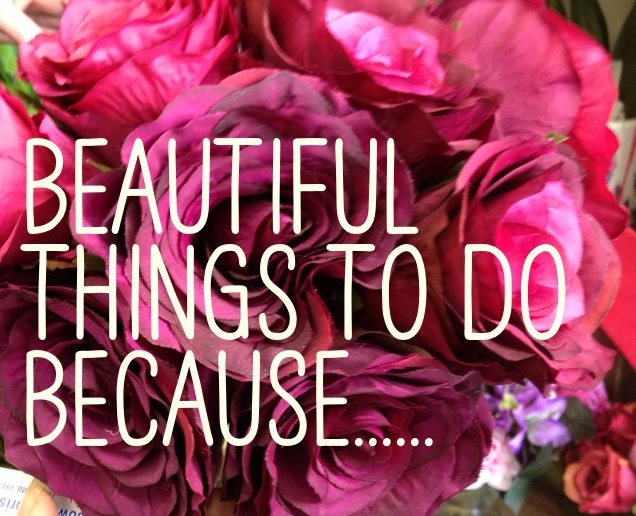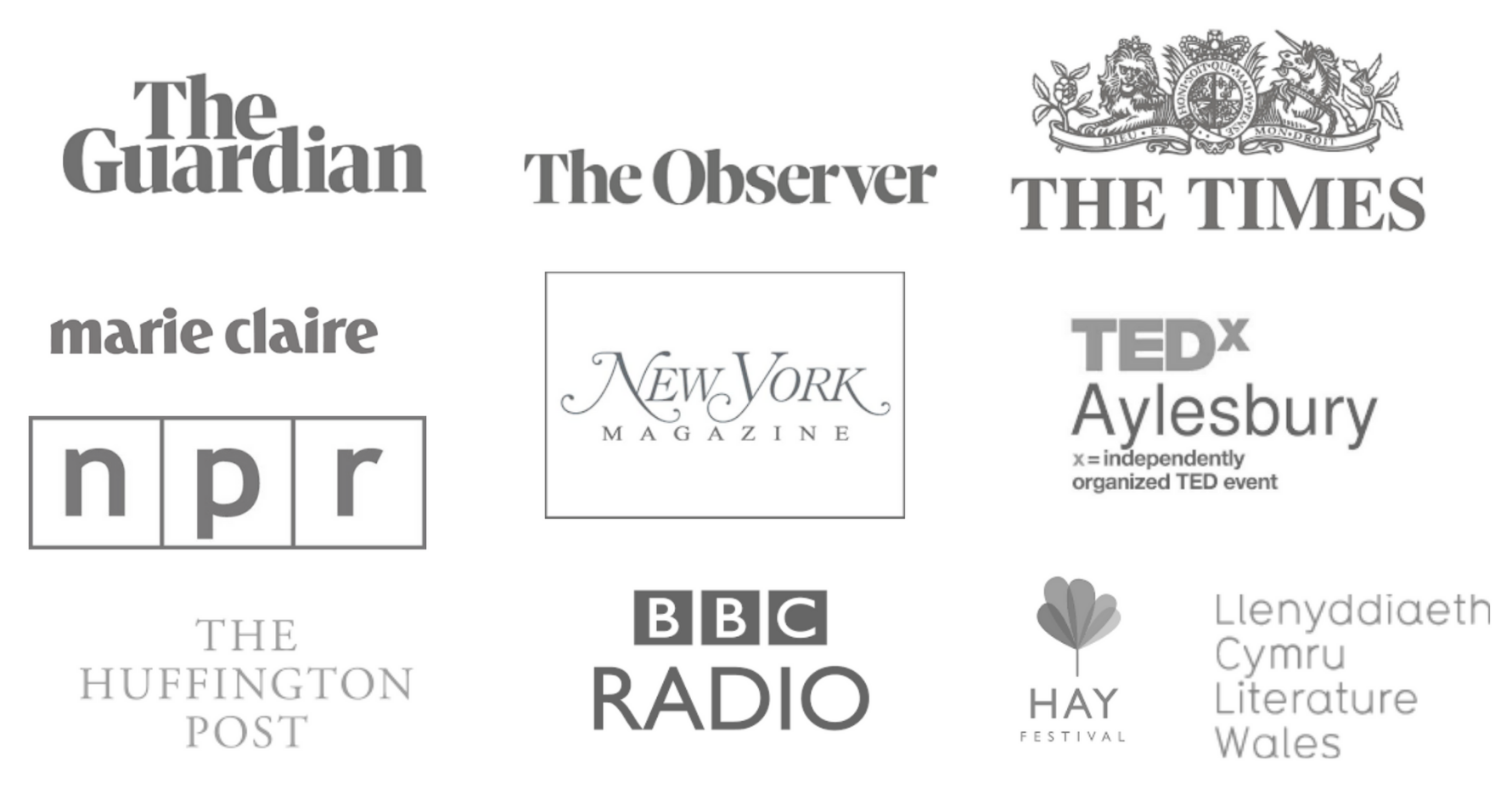Transcript Trail Blazer Interview: Esmé Wang & Creativity in Healing

Grace: Hello, this is Grace from GraceQuantock.com. This is another fantastic Trail Blazer’s interview. Today, I’m delighted to be interviewing Esme’ Weijun Wang. She’s a writer and speaker. Her site esmewang.com, that’s E-S-M-E-W-A-N-G dotcom is where she provides resources to artists, writers and makers seeking to build a creative legacy.
Raised in the San Francisco Bay Area, Esme’ attended Yale, Stanford, and the University of Michigan and went from intern to Assistant Editor for an international lifestyle magazine, and was a writer and editor at ModCloth before launching Esmé Weijun Wang Productions.
She’s the author of the fantastic book Light Gets In and has written for and about in Salon, the New Yorker Online, the New York Times, The New Inquiry and Clementine Daily. Her work as a writer, speaker and mental health advocate and now as an illustrator is that something that I’ve admired for a very long time. I’ve wanted to interview her for the Trail Blazer Interview series for so long. And I’m so honored to be speaking to you today. Esme’, thank you for joining us.
Esme’: Thank you so much for having me, Grace. I am a big fan.
Grace: Thank you. So I wanted to begin, would you be able to speak a little bit on the link between creativity and healing?
Esme’: Yes, so that is a really big topic. I think that I’ll start with talking about a saying that I kind of use as mantra which is riding through the story or ride through the story.
That’s something that kept coming up for me over and over in my own life over the past few years. But especially in late 2013 when I was first beginning to suffer from very severe physical symptoms as well as the psychotic episode that is a hallmark of the schizoaffective disorder that I live with.
That was a really difficult time in my life but something that helped me to retain a sense of self was to write about the experience as it was happening. So I am a writer and I studied that in graduate school. I write for a publication and I’ve written books.
So during the time I was experiencing that kind of bizarre psychotic episode, I wrote an essay as I was experiencing it about what it is like to have the delusion that won instead which was what happening to me at that time. And so as I came out of that episode, I had the material, the raw material for an essay. I ended up publishing that essay later.
So creativity for me is not only something that helps me and help save myself in a way but also ends up helping others in a way that I couldn’t have anticipated.
I think the most touching comment that I got after I published that particular essay was from a woman who said that her father had died and he had schizophrenia when he was alive. She had feared that since he had passed away, she would never really know him or understand him. She wrote that having read my essay, she felt she could finally understand him for the first time. That was really wonderful for me.
Grace: Wow, yes and obviously for her, too.
Esme’: Yes.
Grace: Yes, lots and lots of layers there, lots of interesting ways in which it intercepts with your own healing journey.
Esme’: Yes, completely.
Grace: I know you’re a writer and you write for publication. But for those of us in the audience who aren’t professional writers, people who are listening who can maybe want to write, want to engage creativity as part of their journeys; I know you also have taught a journaling class. Do you have any tips or thoughts about how people can use writing or journaling to support their healing journey? So even just to begin.
Esme’: Yes, I have a lot of thoughts about what I call restorative journaling. So a question that comes up or that people ask me sometimes about journaling when they are healing or going through difficult times is well isn’t this going to cause me to wallow in my problems.
I think that it can be a concern if there is a lot of rumination. There’s a lot of dwelling but I also think that journaling can be a really amazing tool for many things. But one thing that comes to mind right away is something that I called phase blindness.
So phase blindness is this kind of name or term that I came up with to describe what happens when you’re going through an acute episode of something like an illness or disease or you’re having a depressing episode, something like that.
It’s very easy to feel like once you’re in that phase of being very ill in some way to forget that you’ve ever been any other way or that you ever had a nice moment in your life or a good enjoyable moment in your life. So you might journal about how terrible things are at that time.
I think it’s equally important too when something happens that is beautiful, it could be the smallest thing just like seeing outside the first pinch of the spring or something like that. And just record things in your journal. Recording that you felt some kind of happiness or joy is a really nice way to remind yourself once you’re in the phase blindness because they can work either way.
So sometimes when I’m having a really good day and that just means that I feel more optimistic that day or maybe my partner and I are having a really loving afternoon. I might record that. I’ll forget that things can get really bad and that I ever feel really bad.
Then when I feel really bad, it’s really easy for me to forget that things are ever good. So I think that journaling is a really key component in kind of preventing that phase blindness or rather when the phase blindness happen, you have an actual physical record of your life to remind yourself that things are not always good or bad.
Grace: That’s fantastic. It’s so true. People think when we’re living with chronic illness we do often tend to swing between those two poles. So people could at the boom and best patterns so we have you know our best time, a bad day when everything’s terrible and you can never imagine not feeling like this. It feels just like you said you must always have felt like this and you will always feel like this.
But then I think what can happen is then you maybe then don’t take care of yourself or self-care or using tools to manage or kind of slides away because the pain can seem inevitable. It seems like you always felt it, you will always feel it. Therefore you don’t feel engaged to actually take any action around it because that seems to be owned action.
And the same when you have a boom, I got on around the best part in the boom day. This is live folks and we all seen brave folks live in action but we carry on because live is left fantastic. So it can amuse you. So then when you have a good day, you think, “Gosh, I don’t need to take my medicine or do my exercises or go to the doctor.”
Esme’: Yes, exactly.
Grace: But people we always need to do that. We mustn’t just don’t take our medicine and not go and see our doctors. We do not advocate that. But you get these feelings like I’m fine. I don’t need to take that stuff. I’m okay.
Then of course what happens is then that makes you more likely to have a down period. And so really here have a journal can be a way to gauge and to take a reading on yourself. And also to be a balance and point and to bring you back into balance because then you can look at it and go back and say “Well, you know wow! I did feel those things.”
One thing I personally took from your course when I took Esme’s the Rawness of Remembering: Restorative Journaling course was that one way to start journaling very gently was to write down three things I want to remember today. That to me felt very accessible and very approachable.
So even when I really didn’t feel like journaling or writing was very, very hard, I put my journal on my pillow so that before I go to bed I either have to move it or I have to lie down and get pressure to my head so I notice it. And then I would write down the three things I want to remember.
Esme’: I’m so glad that you brought that up because I think that especially if you’re a very literary person and you really love to read for example famous writer’s journals like Virginia Woolf’s journals or NSNs journals or something, it’s very easy to become intimidated by these beautiful, long, luscious descriptions of every single thing that happened in this person’s life.
But as you said, journaling can be as simple writing down three things. I found that in my journal if I’m having a really brain-fogged day and my cognition is not that good, I’ll just doodle or write down a couple of words or phrases, just something. It doesn’t have to be this incredible piece of writing or whatever to be useful.
Grace: I think you’re right exactly. I think also the journal itself doesn’t have to look incredible because I know we can degrade our journals. Your course introduced me to washi tape and like action is now growing.
But I’ve seen photographs of people’s journals, what’s in the surrounding things. [00:10:48] and some of them looks so beautiful and I think gosh maybe I can do today is like a little bit of your lines. But then to be honest I also then tend to stick in some washi tape because it’s colourful and pretty. It’s very accessible way to brighten up the pages. But yes, it doesn’t have to be a work of art. It just has to be your process.
Esme’: Nothing, not everything has to be Pinterest worthy.
Grace: Definitely, definitely. You mentioned you’ve lived the episodes of psychosis. Is there anything you’d like to share around views on mental illness? What it means to you or how we can support somebody if there’s somebody with mental illness in our lives, in our office, a neighbor, a loved one, a friend. Is there anything that you’d like us to know on that?
Esme’: Sure. This isn’t necessarily an actionable item or a very obviously actionable item but I just finished writing an essay that’s going to be coming out in The Believer in the summer, the magazine The Believer. It has to do with schizophrenia and the culture or idea of possession.
That brought up for me a lot of thinking about mental illness in general and possession. I think that often when people are diagnosed with a mental illness and this happens with other illnesses as well, that diagnosis can take over the view of the person as a person.
So this can even happen for oneself I think where you lose your own identity. You forget to see yourself as a person and then you study you start to see yourself as oh I am chronic Lyme disease or I’m schizoaffective. Just sort of whatever and that becomes your identity.
I think that can happen when other people latch onto a disease or a disorder or an illness in somebody else as their identity as well. I think something that’s really key in relating to oneself as well as to other people who are living with illness is to remember all of things that make them up that aren’t that disorder or illness.
It’s like the parts of them that make pie or are vegan or really love Taylor Swift, things like that. Just like all the nice and silly and random and human things that make us who are. I think that’s really important to remember.
Grace: Definitely so important. Thank you for bringing up because I know it’s something we’ve talked about in the Phoenix Fire Academy which is of course that I’ve run and been hoping to relate this year which is that the Phoenix.
Esme’: It’s really terrific.
Grace: Thank you very much. The Phoenix Fire Academy… And that’s actually one of the core things that we started with is that we feel illness. With illness you can end up lives in new identity and that ravel with medicalization because when everybody sees you and they’re not seeing you, they’re seeing the diagnosis.
So you always start feeling like a host body for a disease rather than a person. And you’re so right that that could take on with people’s own identity. And it can be very insidious. So I think really recognizing it and working to see the parts of ourselves that make us, us and the parts of other people.
And maybe even if they can’t do this because somebody can’t make pie right now but they still like to make pie. Maybe they still like to create or to use their hands or to make food for other people or to give and all those core things are still really, really there.
So there is a quote that I love which always says talk to the person and not the impairment.
Esme’: I love that.
Grace: That goes to the disability rights movement. I just thought yes, yes. That really, really sums it up. It’s so important. So, just as we finish, my last question is if there’s one thing that you could ask people listening to do today, what would it be?
Esme’: Well, something that I’d love people to do today as they’re listening to this relates to what we were just talking about. I would love if people could maybe write down or record whatever is most available or accessible to them three things about themselves, three things that they like about themselves. Actually, I’m going to do that today too.
Listen to our interview here and head over to Esmé’s amazing website here. Subscribe to her Legacy Notes and get a copy of her amazing Creative Legacy Check-In tool free!





